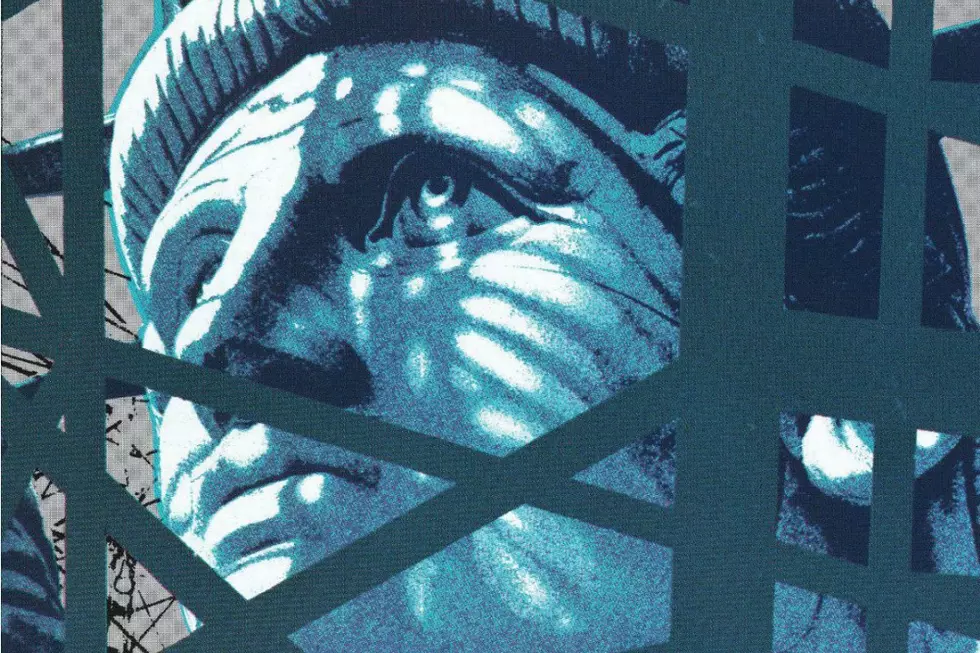20 Years Ago: Jackson Browne Releases ‘I’m Alive’
The mid-to-late '80s found Jackson Browne drifting away from the confessional folk-rock balladry of his early years and into more politically charged material, much to a portion of his fanbase's despair. But for his 10th album, 'I'm Alive,' he had more personal concerns in mind.
Released in October of 1993, 'I'm Alive' broke a four-year recording hiatus for Browne, who'd been spending more time in the tabloids than the studio -- first for his high-profile relationship with actress Daryl Hannah, and then for the gruesome allegations that flew in the wake of their breakup. Given how successfully he'd previously plumbed the depths of his romantic misery on his classic '70s records, he knew it was only natural that fans would assume the relationship-focused songs on 'I'm Alive' came from personal experience.
"The songs being received that way is unavoidable, and it would be futile for me to try to reshape how other people hear them," he admitted in a 1993 interview with the Chicago Tribune. "The whole reason I write songs is to confront what's going on inside me. I just came in touch with the most fundamental reasons for writing a song, and that kept me going. To deal with these issues can be a way of processing them and, ultimately, a healing thing."
But it wasn't just a renewed inward focus that led people to call 'I'm Alive' a return to form for Browne. For a portion of the '80s, he deliberately angled away from the acoustic-based sound that helped fuel his rise to popularity, focusing on more electric instrumentation and incorporating radio-friendly synths. Those layers were largely stripped back for 'I'm Alive,' which found him working with a small army of musicians (including co-producers Scott Thurston, Waddy Wachtel, and Don Was) to blend the warm Laurel Canyon feel of his earliest work with a handful of modern production touches.
And while Browne's commercial heyday had inarguably passed at this point, 'I'm Alive' was regarded as something of a comeback, reaching the Top 40 of Billboard's album chart and sending the title track into heavy rotation at rock and adult contemporary stations. Its success opened a new chapter in his career that, while certainly seeing him record far less often -- he's released only three more studio albums in the last 20 years -- has found Browne balancing his personal and political concerns more artfully than he managed to do during the Reagan years.
The key, in Browne's eyes, came down to writing songs anyone could relate to. "I just don't think my life is that important," he told the Tribune when asked about using his work to exact revenge over perceived slights. "I mean, it's important to me, but I wouldn't want to contaminate good songs with that agenda. I hope these songs have value to other people. To me, half of each song I write exists in the listener. I wouldn't want to endanger that by making them so specifically about me."
More From 103.7 The Hawk










